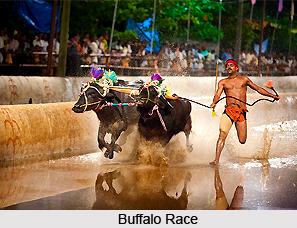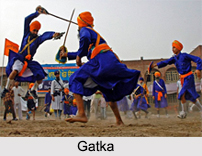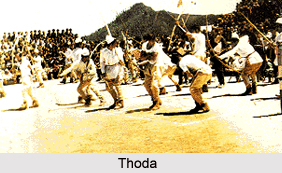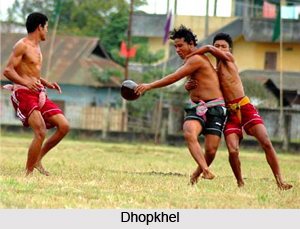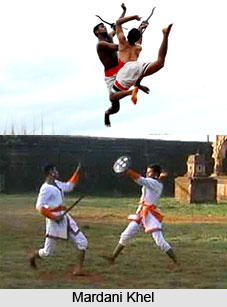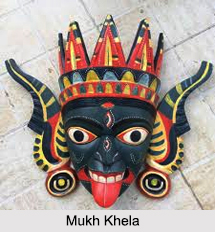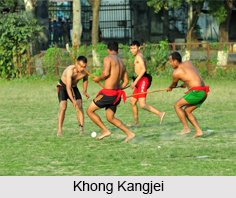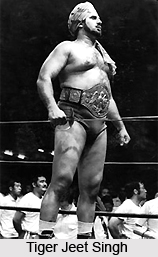 Tiger Jeet Singh, who is also known as Jag Jeet Singh Hans, is an Indian wrestler. He was born on 3rd April 1948. He is an Indo-Canadian semi-retired professional wrestler.
Tiger Jeet Singh wrestled as a crazed heel, coming to the ring with a sword in his mouth, and using it to taunt fans and attack wrestlers. Tiger Jeet Singh wrestled in Japan for 22 years. He was the first pro wrestler in Japan to beat the world famous sumo wrestler Wajima Hiroshi.
Tiger Jeet Singh, who is also known as Jag Jeet Singh Hans, is an Indian wrestler. He was born on 3rd April 1948. He is an Indo-Canadian semi-retired professional wrestler.
Tiger Jeet Singh wrestled as a crazed heel, coming to the ring with a sword in his mouth, and using it to taunt fans and attack wrestlers. Tiger Jeet Singh wrestled in Japan for 22 years. He was the first pro wrestler in Japan to beat the world famous sumo wrestler Wajima Hiroshi.
Tiger Jeet Singh began his wrestler in the middle years of 1960"s. Tiger Jeet Singh began the wrestling and immigrated from his hometown in Punjab to Canada. Tiger Jeet Singh trained in Toronto under Fred Atkins and eventually signed with Frank Tunney, a Toronto wrestling promoter.
Atkins dubbed Hans "Tiger" after witnessing his ferocious style of fighting. Tiger made his Maple Leaf Gardens debut in 1965, wrestling as a heel. His first main event in Toronto was a tag match late that year, teaming with Professor Hiro to take on the team of Johnny Powers and Sweet Daddy Siki. He began teaming with Fred Atkins in 1966.
They became the top team in Toronto by defeating Whipper Billy Watson and Bulldog Brower for the international tag title in July 1966.
Tiger Jeet Singh and Atkins wrestled at or near the top of the card through 1966 and 1967. Tiger Jeet Singh also fought in the United State wrestling circuits, grappling with opponents like Sweet Daddy Siki, André the Giant, Hans Schmidt, Whipper Billy Watson and "Bulldog" Dick Brower. He defeated Johnny Valentine for the Toronto version of the US title and wrestled Gene Kiniski for the NWA World Heavyweight Championship in the summer of 1967 and, in the fall, twice challenged Bruno Sammartino for the WWWF Championship. With Wild Bull Curry, Tiger Jeet Singh again defeated Watson and Brower to win the international tag title in 1968.
In February 1971, Tiger Jeet Singh wrestled "The Sheik" in the main event of the first wrestling show in Maple Leaf Gardens history to attract a sell-out crowd of over 18,000.
Japan. While visiting Japan in 1972, Tiger Jeet Singh got into a brawl with Antonio Inoki in a shopping centre. Tiger Jeet Singh began wrestling in New Japan Pro Wrestling in 1973. There he made feud with Inoki as a result of the incident. Inoki broke Tiger Jeet Singh"s arm in a 1974 match, but Tiger defeated Inoki to win the NWF world title in 1975 only to lose it to Inoki three months later.
Tiger Jeet Singh defeated Seiji Sakaguchi in 1976 to win the NWF Asian title and remained champion until making a jump to All-Japan Pro Wrestling in 1981. Tiger Jeet Singh wrestled in the main event of the joint New Japan-All Japan card in Tokyo in 1978 with Abdullah the Butcher to take on the Japanese dream team of Inoki and Giant Baba.
Tiger Jeet Singh defeated El Canek to win the UWA World Heavyweight Championship in Mexico in 1980. There he lost the title to Inoki, three months later. Tiger Jeet Singh regained it but then dropped it back to Canek in 1981.
In Toronto, Tiger Jeet Singh had one final match for Frank Tunney against Sheik in 1977, when he subbed for no-show Dusty Rhodes. Tiger Jeet Singh defeated Ric Flair in Toronto in 1979, as well as unsuccessfully challenging Nick Bockwinkel for the AWA title at the Gardens.
Tiger Jeet Singh continued to grapple in Japan into the 1990s and make occasional appearances on Indie shows in Toronto Wrestler Match. In 1990, Tiger Jeet Singh teamed with Inoki to defeat Big Van Vader and Animal Hamaguchi in the main event of Inoki`s 30th anniversary show in Yokohama.
Tiger Jeet Singh wrestled and even promoted wrestling super-cards in South Africa during the apartheid-era 1980s. There he started competing the Anglo Asian Wrestling Federation. His main rival as a promoter was Sammy Cohen, as both fought over territories and were drawing very well.
In the early 1990s, Tiger Jeet Singh wrestled for New Japan Pro Wrestling. On December 18, 1991, Tiger Jeet Singh lost to Hiroshi Hase in match held in the island of Ganryu-jima.
Tiger Jeet Singh ventured to Frontier Martial-Arts Wrestling (FMW) in 1992, and had a bloody feud with Atsushi Onita. Whilst in Frontier Martial-Arts Wrestling (FMW), Tiger Jeet Singh teamed with a young Sabu, who also accompanied him to the ring. Tiger Jeet Singh also wrestled in the main event of the first Heisei Ishingun card in Tokyo in 1994, losing to Shiro Koshinaka in a bout refereed by Inoki.
After retiring from wrestling, Tiger Jeet Singh began to work in charitable works in both Canada and India, wrestling on occasion and trying to start an Indian based promotion World Wrestling Mania.
Tiger Jeet Singh and his wife had three sons. One of his sons is former World Wrestling Entertainment wrestler Tiger Ali Singh. He also runs a school of wrestling.
